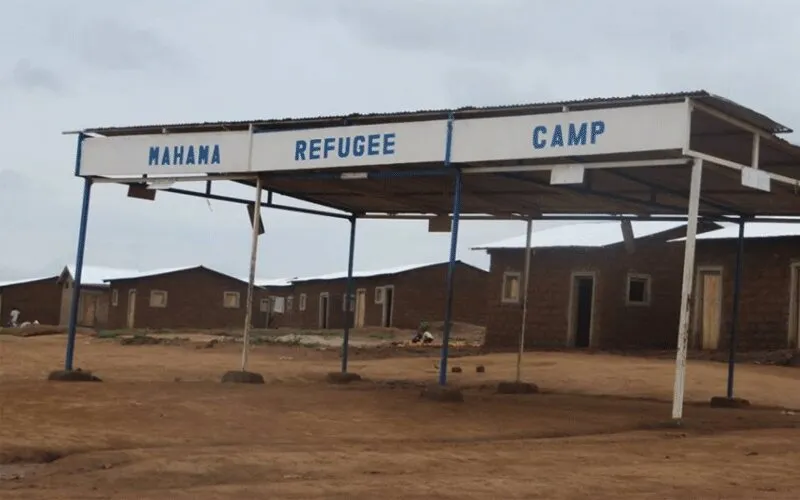“We know that with a small amount of help, people can gain autonomy and enjoy a dignified life where they can earn enough money to take care of their families,” CI’s officials say in the November 11 report obtained by ACI Africa.
Among the beneficiaries of the program is Kayirangwa Emeline, a single parent of eight children who now lives in the refugee camp after fleeing the conflict in her own country.
“I was always in debt because I never had enough money to feed my large family. I looked at my children, hungry and without clothes, and I didn’t know what to do,” Ms. Kayirangwa has been quoted as saying in the report.
Amid successful repatriation of some Burundian refugees, Ms. Kayirangwa is among those still struggling to make ends meet at the Mahama refugee camp in Rwanda’s Kibungo Diocese.
Aware of her struggles, the leadership of CI reached out to Ms. Kayirangwa, offering her a loan that enabled her to start a business of selling goat meat. She has been able to undertake the business successfully owing to the experience gained from working as a vendor back in her home country, Burundi.
“Within six months, business was booming and Kayirangwa was able to buy a cow, whose milk she could sell but also use to nourish her children, and a motorbike to help her transport her goods,” CI officials recount in their November 11 report.
They add, “Life changed for Kayirangwa and her family and her children were no longer hungry and without clothes.”
According to Ngarambe Vanson, a Caritas Rwanda staff member who works at the refugee camp with a women microfinance group through which Kayirangwa got the loan, “just a small amount of financial support has made a world of difference to the women.”
“Caritas chose families who were in the greatest difficulty to help them develop a livelihood and gain some independence,” Mr. Ngarambve says of the criteria used to select the beneficiaries of the lending initiative.
The Caritas official adds referencing the beneficiaries, “You can see that their lives have changed even their attitudes. They are able to take care of their families without ever being in debt like before. The children are clean, healthy and smiling, which was not the case before.”








